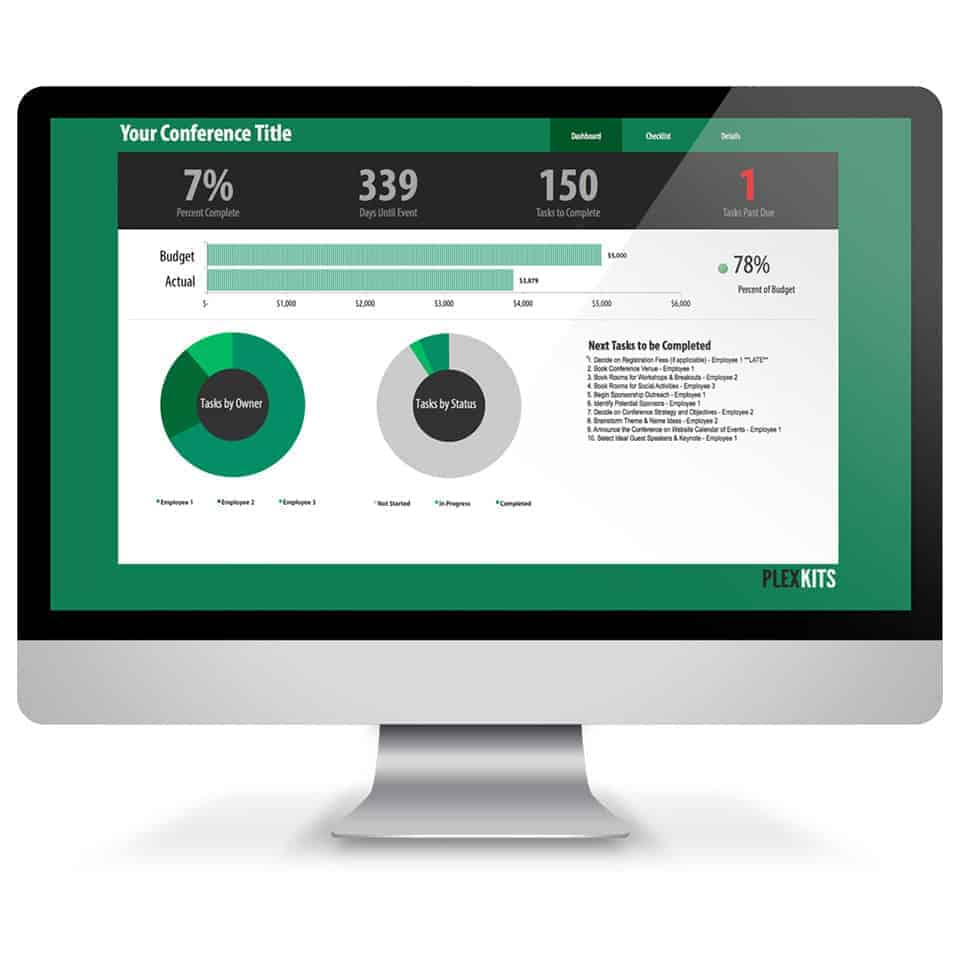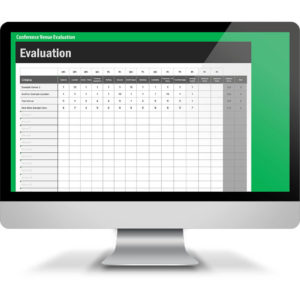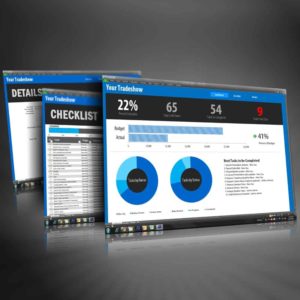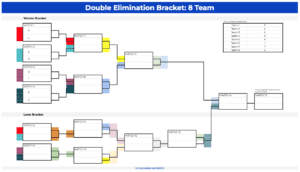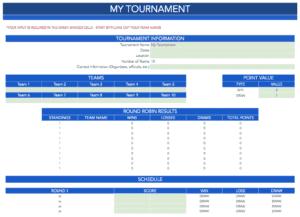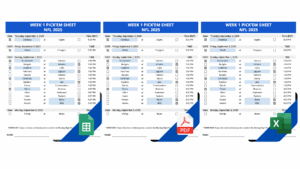Feeling overwhelmed trying to plan your next conference?
Don’t worry.
You’re not alone.
It’s no wonder that being an event planner is considered the fifth most stressful job in the U.S.
With seemingly never-ending guest lists, tight deadlines, and a million details you need to look out for and organize flawlessly to avoid disaster, it’s easy to see why so many event marketers end up being on edge or losing sleep over their jobs.
But is this the only way?
Fortunately, no.
There are a few smart tips that can make your life as a conference organizer much easier and far less overwhelming.
Where do you find these tips? Maybe in one of the last places you’d think to look – project management.
How project management advice can benefit event planners
It might seem like these two jobs are worlds apart (and in many ways, they are), but it’s undeniable that there are many methods and techniques used by managers to successfully deliver projects with maximum profit and minimum effort that can be very useful to event planners as well.
In this article, I’d like to look at some of the most basic project management principles that can help you drive results at your next conference and ensure that it runs smoothly and efficiently.
Perfection is elusive, but with the right tools, mindset, and resources, you can get as close to it as possible when organizing your future conference.
So, without further ado, here are 9 must-know tips from project managers that you might find useful when planning your upcoming conference:
1. Start early
Something both project managers and event planners can easily agree on is this: procrastination is your enemy.
The longer you wait to begin organizing, the more overwhelmed you will be and the less prepared to handle the challenges and unexpected situations that inevitably come your way.
Successful project managers know that time is of the essence – so they begin planning and gathering all of the resources they have at their disposal early on. They anticipate problems and develop a clear action plan to help them overcome contingencies.
If you’ve ever let a few details slip during your conference planning and it led to disaster, then you know firsthand how important it is to beat procrastination and bite the bullet when it comes to organizing your event.
2. Have clear goals
What is the main objective for attending this conference? What are the primary goals you’re trying to achieve? If you want to have a successful conference, as well as be able to track your progress and use feedback to improve your future events, then you need to have a well-defined goal list in place.
Developing this will make it clear to you what you should be focused on and what steps you need to take to get there.
3. Identify constraints
Highly effective managers are great at assessing the overall state of a project when they take it up. This means that they know exactly what resources are available to them, the time frame in which they’re expected to deliver, and whether or not the tools and approach they are using are efficient.
You want to do the same when planning your conference: you need to identify budget constraints, deadlines, stakeholder issues, lack of marketing resources and any other limitations that you’re dealing with.
In addition, you must find ways to navigate or bypass these roadblocks and plan ahead for unforeseen constraints poor promotion or tech malfunctions.
4. Use spreadsheets

Here is some friendly advice that every project manager wishes they could give you: document everything.
The most surefire way that your conference will south is if you miss out on a crucial detail that you were supposed to have under control. To avoid this, you need to have accountability and a clear overview of everything related to your upcoming event.
We recommend using a conference checklist where you keep all of your data gathered in one place so that it’s easy and quick to access.
5. Manage risk
One of the key factors that makes a project manager successful is how skilled he or she is at assessing and mitigating risk. And it’s no different for conference planning. Just imagine how many event disasters could have been averted if the hosts would have spent a bit more time evaluating risk and preparing for unpleasant situations.
If you’re a conference organizer, then you know firsthand that things rarely go according to plan. You need to stay ahead of the game by anticipating challenges and finding smart solutions to overcome them.
Unless you do this, you’ll freeze when something goes wrong (which it invariably will) and you won’t know what to do or have the right resources in place to help you get out of a sticky situation.
6. Know your stakeholders
You need to have a clear understanding of who your stakeholders are. You’ll most likely be working both with internal stakeholders (the stage manager, the marketing or sales manager and other decision-markers) and with external ones (your sponsors, speakers, and attendees).
Remember that conflict between parties is bound to happen – so you need to facilitate communication and build trust with each stakeholder, always delivering on what you promise. This will make it more likely that you’ll be able to manage any conflicts with ease and confidence.
You might also want to include your team here (maybe part of your finance or marketing department) to help you sort out and keep track of your budget and promotional efforts. This brings us to our next point. 👇
7. Don’t underestimate the importance of communication
This is what successful project managers do best – they’ve mastered open communication.
And if you want everything to run smoothly in your event, you need to strive towards this as well.
From the very beginning of your conference planning to the end of the even when you’re focused on gathering feedback and seeing what can be improved, you need to keep communication lines open and be proactive in both receiving and offering feedback.
Here is what I mean by effective event communication:
- write targeted and concise emails that offer valuable information
- set clear expectations and be quick and responsive when interacting with stakeholders
- use your soft skills to manage conflict and ensure that all parties are content
- use smart communication tools to make everyone’s lives easier
- keep track of all your data in one place so you can easily access and share it other parties that are involved with the event
- always follow up, especially with speakers, third-party vendors, and attendees
Interested in learning more about planning the perfect conference? Take a look at some of the other posts on our blog. You’ll find expert advice, as well as highly effective tools, tips, and tricks that can take your event planning to the next level and drive better results.

